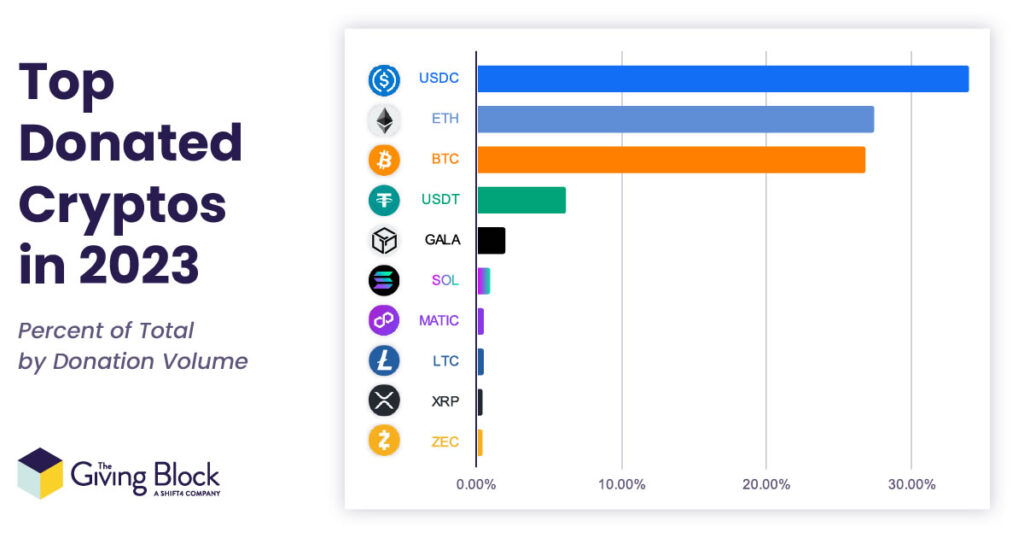Cryptocurrencies have been excluded from newly amended “Donations Act” in South Korea which could be a blow to charities and donation drives.

The exclusion of digital currencies from recently amended donation legislation in South Korea may have adverse consequences for charitable organizations and donation campaigns.
Kyunghyang Shinmun, a local news outlet, reported on May 5 that the Ministry of Public Administration has announced the filing of amendments to South Korea’s “Donations Act” that restricts the use of cryptocurrency assets for philanthropic purposes.
Donations to charitable organizations or causes will be accepted in July via various new methods, including department store gift certificates, stocks, and loyalty points from the Korean internet behemoth Naver. However, crypto assets such as Bitcoin BTC will not be accepted.
It was noted that the act governing the collection and use of donated products was initially implemented in 2006 when the number of payment methods was limited, and smartphones were not widely used.
In addition to online and bank transfer options, automated response systems, postal services, and logistics services were added to the list of donation methods.
Despite their widespread usage in South Korea, the Ministry refrained from explaining the exclusion of donations in digital assets. Nevertheless, the legislation is positioned to allow contributions in stablecoins anchored to the blockchain, local governments, or KRW.
As of January 2024, TheGivingBlock estimates that over $2 billion had been donated globally using cryptocurrencies; this is a market that local charities are prohibited from accessing.

In contrast, recent reports indicate that over 50% of charitable organizations in the United States are now accepting contributions in the form of digital assets.
Moreover, while blockchain technology enhances the transparency of charitable organizations, does it suit all individuals?
Late in April, it was reported that South Korea was considering establishing an official department for its provisional crypto crime investigative unit to combat the rise in financial fraud and crypto-related crimes.
Due to regulatory pressures, Crypto.com, a cryptocurrency exchange headquartered in Singapore, is encountering significant challenges in penetrating the South Korean market.
It was reported in April, that South Korean authorities initiated an “emergency on-site inspection” to monitor the exchange’s activities after discovering Anti-Money Laundering (AML)-related issues in the submitted data.
